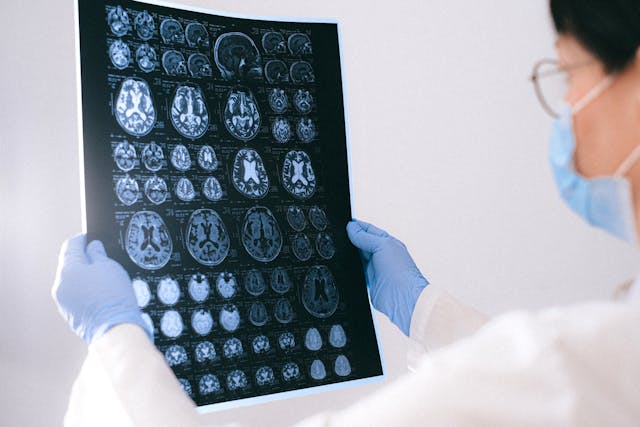Living with a brain injury can be life-changing, affecting not only the individual but also their family and friends. Navigating the complex recovery and adaptation process can be challenging, but fortunately, there are numerous resources available to support people with brain injury. These resources can provide medical advice, emotional support, rehabilitation services, and help adjusting to a new lifestyle.
Here, we explore five important resources that can make a big difference in the lives of people living with a brain injury.
1. Professional medical and rehabilitation services
One of the most important resources for people with brain injuries is access to professional medical and rehabilitation services. These services provide comprehensive care based on each patient’s unique needs, including physical therapy, occupational therapy, speech and language therapy, and neuropsychological support. Rehabilitation centers often offer an interdisciplinary approach, with different specialists working together to develop an individualized treatment plan.
These services are not just about physical rehabilitation; They also specialize in cognitive rehabilitation, helping patients regain skills such as memory, attention and problem-solving. Many centers offer inpatient and outpatient services to ensure continued support during the recovery process.
2. Support groups and networks
Emotional and psychological support is as important as physical recovery. Support groups provide a safe space for people with brain injuries and their families to share experiences, challenges, and successes. These groups can be found through local community centres, hospitals or online platforms.
Support groups offer:
- Emotional support from peers who understand the experience
- Information and advice on coping strategies
- Sense of community and belonging
- Opportunities to build friendships and social connections
- Attend guest speakers, workshops and educational sessions
In addition to traditional support groups, online forums and social media communities can provide 24/7 support and advice from others in similar situations.
3. Financial aid and legal aid
The financial burden of living with a brain injury can be substantial, with costs ranging from medical care to home modifications and ongoing care needs. Fortunately, several organizations offer financial assistance and legal assistance to help alleviate these stresses.
In the UK, individuals may be eligible for benefits such as Personal Independence Payment (PIP), Employment and Support Allowance (ESA) or Universal Credit. In addition, charities and nonprofits often provide grants or funding for specific needs, such as adaptive equipment or travel expenses for medical appointments.
Legal aid can also help people with brain injury resolve issues related to compensation claims, employment rights and social care rights. Specialist solicitors can provide expert advice and representation to ensure individuals receive the support and compensation they deserve.
4. Educational and career support
Returning to work or education after a brain injury can be daunting, but with the right support, many people can achieve their goals. Educational and career support services provide guidance in adapting to a new study or work environment, including making necessary adjustments or accommodations.
These services can include career counseling, job placement assistance and workplace adjustments such as flexible hours or modified responsibilities. Educational support may involve tailored study plans, one-on-one tutoring or the provision of assistive technology to aid learning or coursework.
Many organizations also offer training programs specifically designed for people with brain injuries that focus on developing new skills or retraining in a different area. This support is invaluable in rebuilding confidence and independence.
5. Brain injury charities and organizations
There are several charities and organizations across the UK dedicated to supporting people with brain injury and their families. These organizations provide a range of services, from helplines and advice to advocacy and information resources. These include Headway and Brainkind.
These organizations often conduct awareness-raising events, support research into brain injury treatment and rehabilitation, and provide educational materials to help individuals and their families better understand the condition. They can also provide guidance on navigating the health care system and accessing other related services.
Life beyond brain injury
Living with a brain injury is undoubtedly challenging, but with the right resources, individuals can regain control of their lives and gain a sense of normalcy. From professional medical care to emotional and financial support, these resources provide a lifeline to those affected, helping them rebuild their lives and thrive. While the journey can be long, with the right support, it is possible to live a fulfilling and meaningful life outside of a brain injury.

